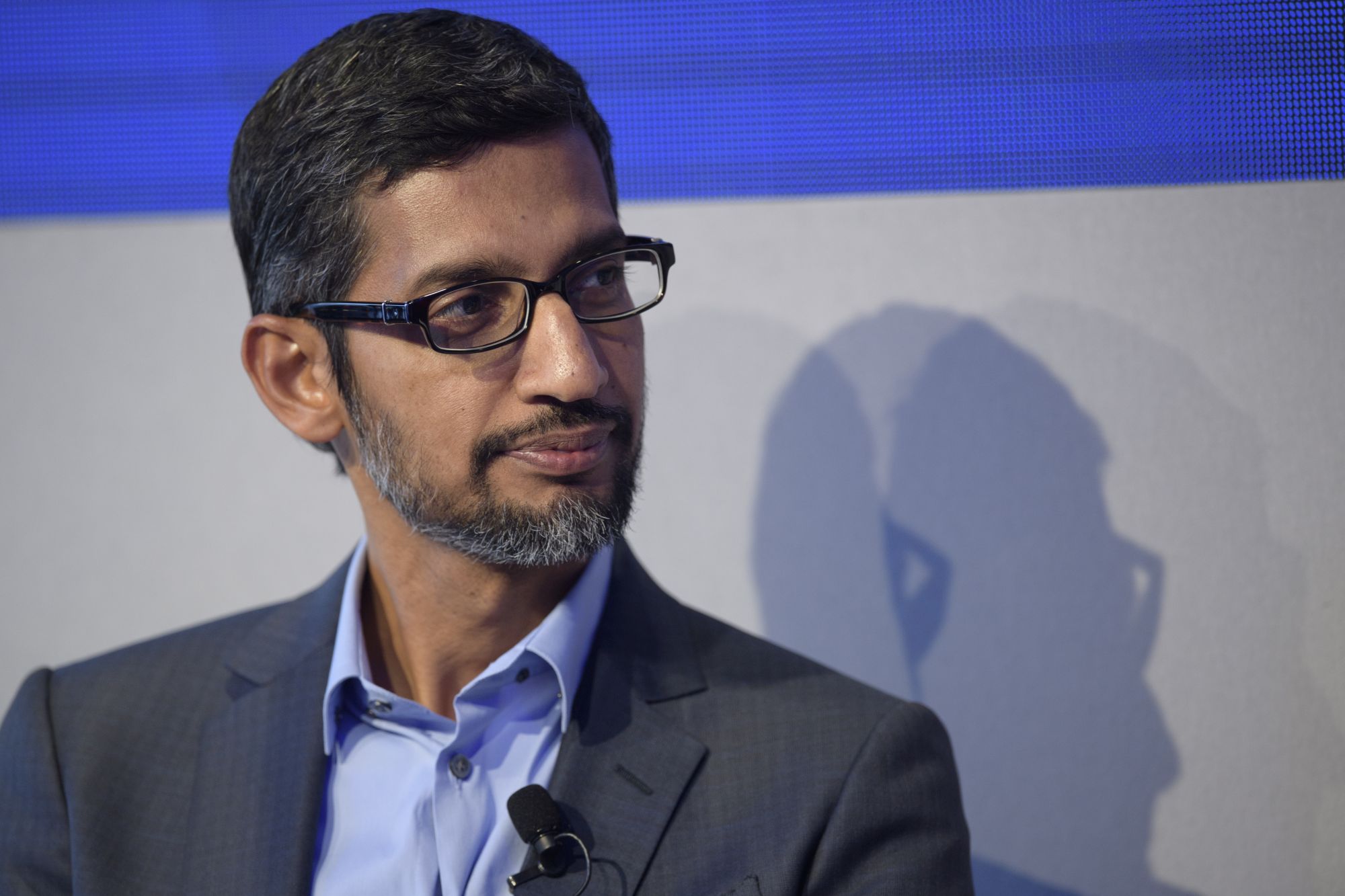
Silicon Valley DREAMing: Tech industry calls for DACA legislation
If tech companies hold the most political power of any industry in the U.S. today, as some have ventured, then the voice of Silicon Valley carries an enormous weight in policy discussions and stands to wield significant leverage. Most recently, tech companies are throwing that weight behind the cause of DREAMers, calling on Congress to pass legislation that would maintain the protection from deportation and license to work afforded to current DACA recipients, while also laying out a path to citizenship.
In the lead up to and immediately following the Trump administration’s announcement to end the DACA program in September of last year, the CEOs of Apple, Google, Amazon, Airbandb, Uber, and to date more than 800 other tech companies signed a letter outlining the need for and importance of the DACA program.
They stated:
“Without a permanent legislative solution before next March, roughly 800,000 DACA recipients will lose their ability to work and study legally, will be forced from their jobs, and will be subject to immediate deportation. Further, without congressional action, our economy would lose $460.3 billion from the national GDP and $24.6 billion in Social Security and Medicare tax contributions.
Congressional action and a permanent legislative solution is the only path forward to prevent these devastating consequences. This is urgent, and we only have a few months to act.”
The letter also highlighted the fact that “at least 72 percent of the top 25 Fortune 500 companies count DACA recipients among their employees.”
In addition to advocating for DACA at a company-wide level, some of the most important players in Silicon Valley came forward with personal stories of how their own or their families’ immigration to the U.S. transformed their lives and enabled them to build the successful careers and companies that they now have.
CONTENIDO RELACIONADO
“Immigrants often risk their lives for a chance at freedom and opportunity, and our country remains the world’s beacon of freedom and opportunity. Immigrants have built and contributed to America since its very beginning, and are at the center of our social fabric and economic prosperity. My heart breaks to see so many people who are in the same situation today that I was in many years ago,” said Uber’s Chief Technology Officer Thuan Pham in a statement on the company’s website that described how he and his family fled Vietnam when he was ten years old.
Microsoft CEO Satya Nadella also published a statement supporting DACA and talking about the importance of immigration and immigrant policy in her own personal story.
Apple CEO Tim Cook has also expressed his support for DREAMers both in general, and specifically, stating that he stands behind the more than 250 Apple employees who are DACA recipients.
250 of my Apple coworkers are #Dreamers. I stand with them. They deserve our respect as equals and a solution rooted in American values.
— Tim Cook (@tim_cook) September 3, 2017
According to a Fortune article published in September, "fifty-one percent of billion-dollar startups in the U.S. were founded by immigrant entrepreneurs," and 40.2 percent of firms on the 2016 Fortune 500 list had a founder who was an immigrant or the child of immigrants.
All of this goes to show that immigrants and immigration have played a distinctly beneficial role in technology and innovation in the U.S., and, as the top executives in Silicon Valley pointed out, the end of DACA would result in significant economic damage nationwide.










DEJE UN COMENTARIO:
¡Únete a la discusión! Deja un comentario.